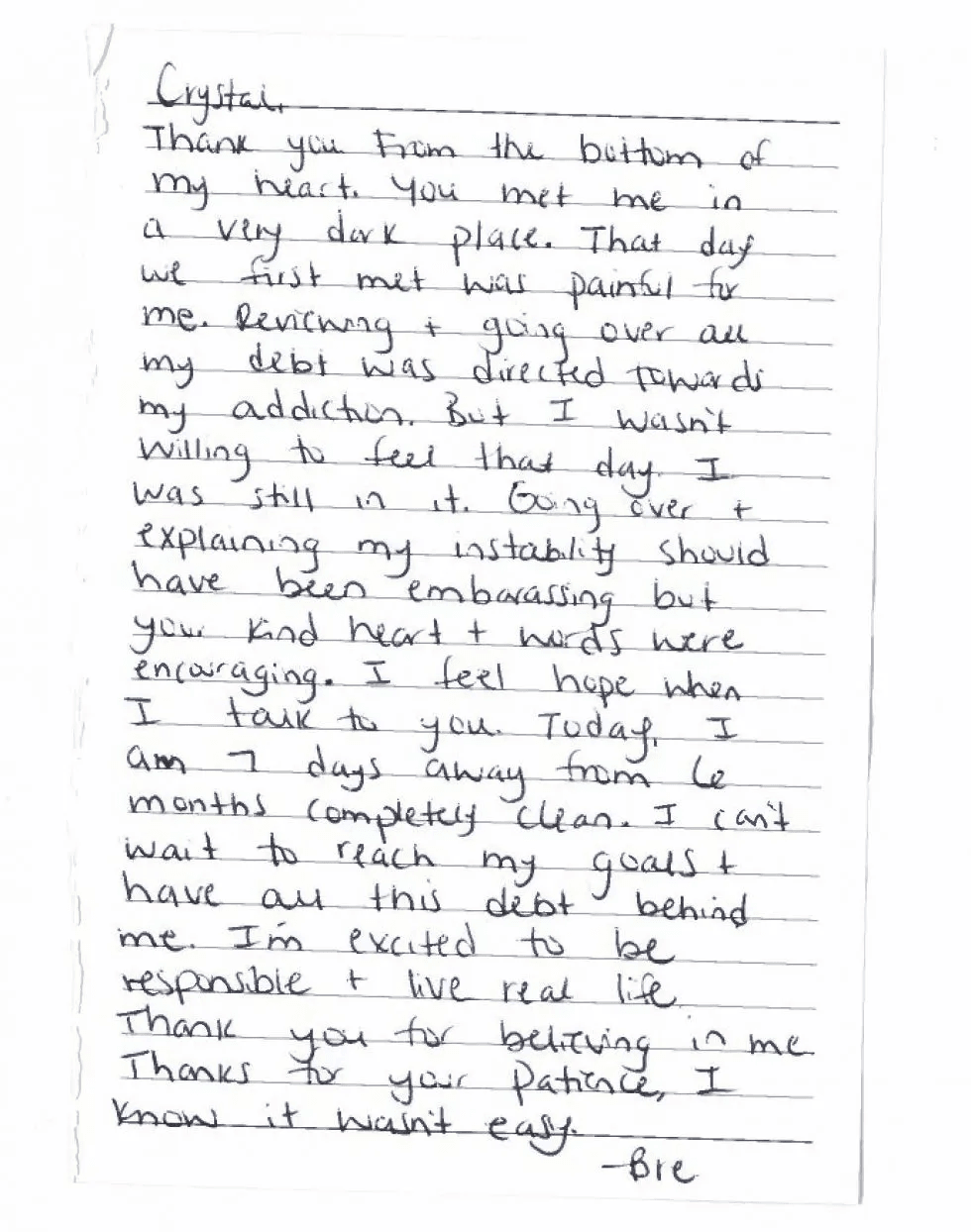Types of Abuse
- Emotional abuse: Behavior that is intended to adversely affect the mental well being of another.
- Physical abuse: Contact that is intended to cause physical pain, injury, harm, or suffering.
- Sexual abuse: The use of force that compels someone to engage in sexual activities against their will.
- Economic abuse: Behavior that causes one to be financially dependent, by maintaining total control over the person’s financial resources.
- Financial control: Many times an abuser will use finances to control an abusive environment and/or the victim. An abuser can control the victim by: withholding access to bank accounts and credit cards, preventing the victim from seeking employment, withholding resources such as food, clothing, and shelter, and/or exploiting the victims financial resources.
- Joint debt: Joint debts are debts that you share with another person. Joint accounts are accounts that allow you and that other person full access to the account.
Joint debt
A joint account can be dangerous because many times the victim is unaware of the activity going on with the account. The abuser may use the account to control the victim’s access to money. The abuser may even open up additional accounts, or charge additional debt that will negatively impact the victim’s credit. And unfortunately, both parties are liable for all debts and activity placed on the account. Joint debt may even provide the abuser a way to locate the victim to continue harassment.
How to Get Out of a Joint Debt Situation
- Get a copy of your credit report: Review the credit report for all debts and potential accounts that you were not aware of.
- Contact Creditors: Call all your creditors with whom you have an outstanding balance and arrange a payment plan.
- Pay Debts Off: It is important that you continue to make payments, until the debt is paid in full.
- Close Accounts: After you have successfully paid off a joint debt, close the account immediately.
Types of Debt
There are two types of debts: secured and unsecured.
Secured debt – the debtor offers property as collateral (security) for the loan. The creditor can take the collateral if the debtor defaults on the loan. Examples: Car payments or furniture payments
Unsecured debt – any other debt for which the debtor did not promise collateral, like medical bills. Examples: Medical bills or utility bills
If a debt is secured, it means that you signed a paper which says that if you do not pay the loan, the creditor can take or repossess the property which is described in that paper. That paper is known as a security agreement. The property described in that security agreement is called collateral or security. If the debt is unsecured, the creditor must sue you and win before he can take any of your property.
Protect Your Credit
Filing for bankruptcy can seriously hurt your credit score. However, there are many things you can do to start rebuilding your score and prepare for a bigger and brighter future.
You can also protect your credit, before a bankruptcy situation arises. If you guard your credit, you can ensure a strong financial future for yourself and family.
Fixing Problems:
- You can contact the credit bureau and report errors or discrepancies on your report.
- Credit report should not…
- contain negative information older than 7 years
- Contain bankruptcy information older than 10 years
How to protect and rebuild your credit score:
- Focus on the fact that you are free of debt (if you have just completed a bankruptcy)
- Build up a savings account
- Pay all your bills on time
- Use Debit Cards/ Prepaid Credit Cards
- Adopt a lifestyle that you can maintain with your current finances
- Ask yourself if you really need to purchase a particular item
- Shop around: you may be able to find a better bargain
All these things will help you rebuild your credit score, and become more economically secure.
Credit Reports
You can obtain a free credit report once a year from Annual Credit Report Services. You can request your credit report in writing, over the telephone, or online. The name, address, telephone number, and web address are as follows:
Annual Credit Report Request Service
P.O. Box 105281
Atlanta, GA 30348-5281
1-877-322-8228
https://www.annualcreditreport.com/
If you believe that the information contained on your credit report is inaccurate, you may dispute the information.
If you are trying to protect your identity and whereabouts from your abuser, it is important to consistently review your credit report.
If you and the abuser are married, the abuser can obtain a joint credit report and use the information on the report to find your current address. However, as a victim and survivor you can use the report to protect yourself. If you know what is on the credit report, you will be able to use that information to your advantage.
Protecting Your Identity
Identity theft affects about 10 million people per year. Victims of domestic violence are also often victims of identity theft. Abusers will use the victim's identity information to stalk, harass, and even open fraudulent accounts in the victim’s names or the victim’s children’s name. This section will explain how you can protect yourself from potential thieves.
Abusers often has access to sensitive information of the victim. Such as credit cards, SSN, and address history. It is important that you safeguard this sort of information as best as you can. Some things you can do are:
- Sign your credit cards
- Keep your social security card in a safe place
- Change and/or guard your PIN numbers
- Shred all papers that have sensitive information on them
- Apply to the address confidentiality program
- Open a post office box, unlike a regular mailbox, only the person with the key will have access to the mail
- Check your credit report for any unusual activity
- Relocate and/or change your identity (this should only be done as a last resort)
Address Confidentiality Act
This act was devolved so state and local agencies could respond to requests for public records, without identifying the location of a victim of domestic violence, sexual assault, or stalking.
A new address is given to the victim. Only the Secretary of State will have that address, and will not be released to the public.
How to Qualify:
- File application with the Secretary of State stating:
- That the applicant has good reason to believe that he or she is a victim of abuse, sexual assault, or stalking.
- Applicant fears for his or her safety.
Another Option:
An alternative option to the Address Confidentiality Program, is opening up a Post Office Box. If you have a post office box, mail is generally delivered faster, more secure, and can serve as a permanent address. However, there is a small fee associated with having a post office box. Check your local post office for fees and availability.
Big numbers, personal impact:
-
Requests for assistance in 2025
19,200
-
Cases closed in 2025
12,878
-
Economic impact
$16,348,129




